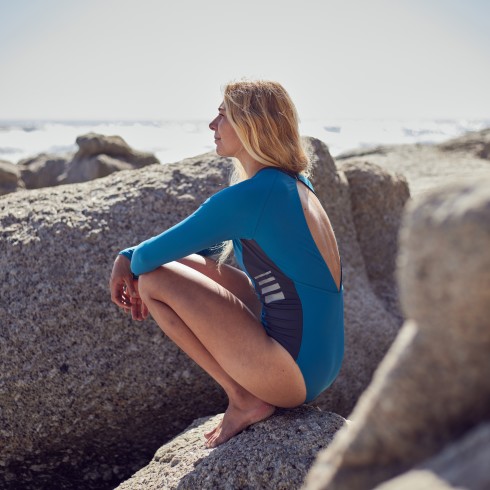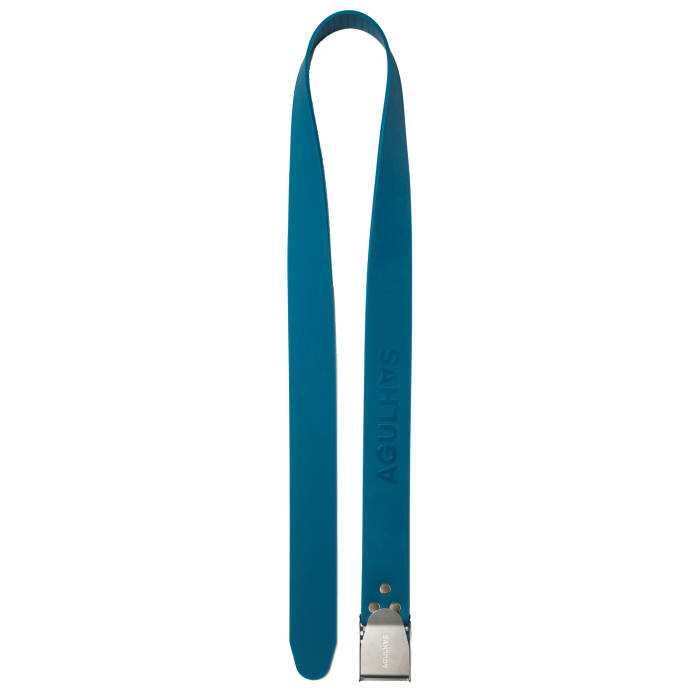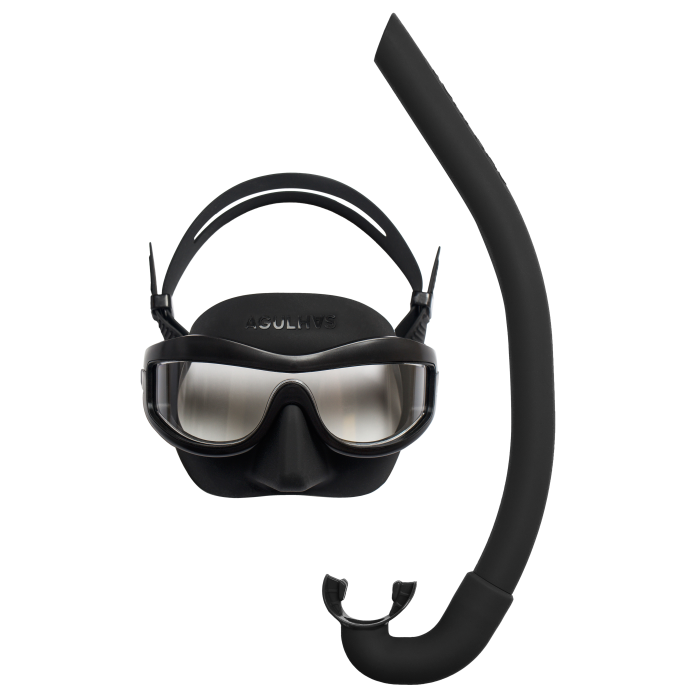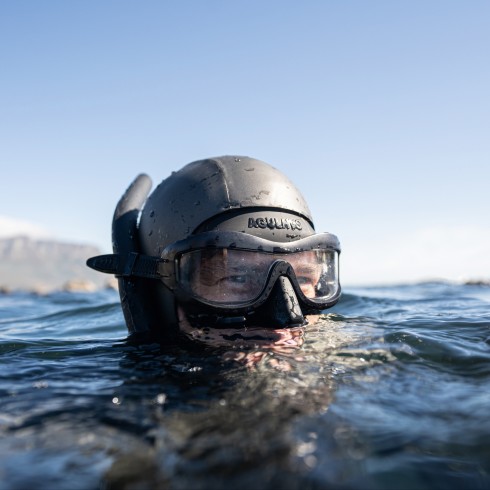Unpeeling the secret of the stylish, sustainable dive suit
If you’ve ever had to squeeze yourself into neoprene, you’ll know how uncomfortable and unflattering it can be. “You feel like you’ve been poured into a condom,” says ocean advocate and former competitive diver Hanli Prinsloo. “Everyone looks bleh – even if you have a top swimmer’s physique.”
Prinsloo co-founded I Am Water Ocean Travel, which organises aquatic trips in support of ocean conservation, with Peter Marshall, a former United States national swimmer. Next the duo set out to develop freediving gear that was as technically competent as it was comfortable to wear.

Agulhas, available from this month, is designed to solve this conundrum. Named after the southernmost part of Africa, and launched in tandem with Domenico Iuliano and Paola Rigamonti, two investors who fell in love with freediving during an I Am Water expedition, the brand comprises a range of slick wetsuits, base layers and gear in bright yellow, teal blue and black.

Agulhas silicone weight belt, £60

Agulhas Mokarran mask, $105, and silicone snorkel, $35
Lifecycle and sustainability were also a top priority when developing the products. In the past, Prinsloo found herself wearing through two diving masks a year, which she’d have to toss out because they couldn’t be recycled: “We thought, how do we marry sustainability with high performance and beauty?”
The team enlisted the expertise of Alexander Taylor, the British designer behind the Adidas x Parley For The Oceans marine-plastic running shoes, to develop the products, and Hendrik Vermeulen, a South African couturier, to make the pieces look good, using innovative materials such as Econyl (for the swimsuit and base layer) and recycled nylon (for the backpack).

“Often what happens when people start looking at sustainability is that they’ll use recycled materials,” says Prinsloo, “but the integrity of recycled materials often becomes a big problem because they are not as high performance. So then you’ll have a leaking mask – and that’s only a short-term win.” Instead, they focused on using high-grade mono-materials like carbon fibre for the fins and silicone for the mask and snorkel. “The main thing was trying to make products that are easy to disassemble,” explains Marshall, adding that the mask can be unscrewed and the elements replaced.
The pieces have also been designed to be flexible. The foot pocket of the fin, for example, is normally hard, boxy and flat. “When Alex looked at this, he said, ‘This is like a clog,’” says Prinsloo. Instead, Agulhas’s fin has an open heel and a strap that sits deep in the arch of the foot, allowing for easier, more powerful kicks. “The same way my foot works when I’m kicking underwater in 100m backstroke is the way this fin is going to help you explore the ocean,” explains Marshall.
This story originally appeared on: Financial Times - Author:Mary Holland
























